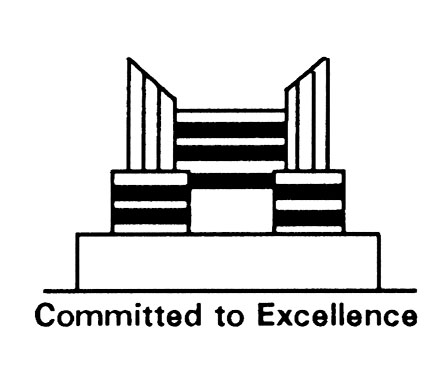GCSE History
Assessment Details
Paper One: 1 hour 15 minute examination. This paper asks questions on the British Thematic Study and the Historic Environment. (30% of final grade.)
Paper Two: 1 hour 45 minute examination. This paper tests on The Period Study and the British Depth Study. (40% of final grade.)
Paper Three: 1 hour 20 minute examination. This paper tests on the Modern Depth Study. (30% of final grade.)
Course Information
Paper One-
- Thematic Study
- Crime and punishment in Britain, c.1000-present
- A sweeping study across a thousand year period to assess the nature of crime and punishment over time
- Historic Environment
- Whitechapel, c.1870-1900: crime, policing and the inner city
- Enquiry into an historic area in fine detail
- Investigate the lives of people in this area, as well as some of the crimes that took place, such as those carried out by Jack the Ripper
Paper Two-
- Period Study
- Superpower relations and the Cold War, 1941-91
- Investigate how two super powers were created after the Second World War, and a period of tension between these two powers
- British Depth Study
- Early Elizabethan England: 1558-88
- Analyse how Elizabeth established herself as a successful and popular female monarch
Paper Three-
- Modern Depth Study
- Weimar and Nazi Germany, 1918-39
- Assess the formation of democracy, then dictatorship, in post-World War One Germany
Steps to Success in GCSE History
- Ensure all your notes are up-to-date. After each lesson re-read your notes and ensure you understand them. If you are absent, copy up work missed immediately.
- Organise your classwork clearly and neatly. Use underlined headings, different coloured pens, etc.
- Ensure homework contains sufficient detail and uses correct historical language and concepts.
- Revise thoroughly for tests, assessments and examinations. Make your own separate revision notes. These can be used again later.
- Make sure you understand the different examination techniques for answering different types of questions.
- Use the History Department website by accessing the FROG site.
- History teachers will be available in 117R during lunchtime. This is a good time to come and ask for guidance or help if required.
- Use timelines to develop your sense of chronology.
- When answering source based questions, always support the detail of the source with your own knowledge.
- Make mind maps at the end of each topic and complete practice questions.
- Make use of the past papers that are available on the Edexcel website. Use the mark schemes to help to check understanding and improve examination technique.
- Make keyword dictionaries and make sure that you know how to use each word in an examination answer.
- Make sure you know which topics could come up on Paper One, Paper Two and Paper Three.
- Be aware of the different styles of questions that appear on Paper One, Paper Two and paper Three.
Useful websites:
http://www.bbc.co.uk/schools/gcsebitesize/history
http://www.johndclare.net
http://qualifications.pearson.com/en/qualifications/edexcel-gcses/history2016




